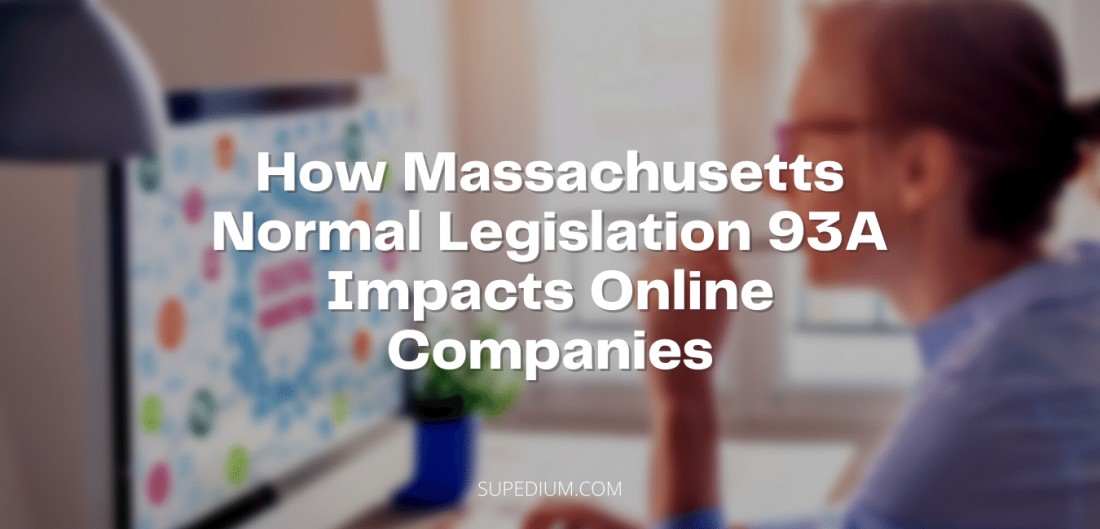![]()
Massachusetts Normal Legislation 93A, titled Regulation of Enterprise Practices for Customers Safety, is designed to guard these customers who would in any other case be unaware of their authorized rights. Mass. Gen. Legislation 93A. Because it was initially drafted, 93A didn’t create a non-public proper to sue, a difficulty which was rapidly addressed by the legislature, and now each customers and companies can use 93A as a foundation for imposing their rights by way of non-public legislation swimsuit. Not like another states, the Massachusetts client safety statute supplies for an categorical, moderately than an implied, proper to sue for companies who really feel they’ve been sufferer of a misleading or unfair act. It’s usually straightforward to identify a client safety problem with commonplace companies, resembling: bait and swap promoting, failure to reveal defects, price-fixing, defective guarantee claims and un-bargained for return/refund insurance policies. It turns into way more tough to find out when a client safety declare based mostly upon Mass. Gen. Legislation 93A exists when the enterprise concerned is barely concerned in digital commerce, and particularly when that enterprise will not be situated inside the state.
When evaluating a possible client safety declare, it’s essential to understand that the required components are totally different for a enterprise and a client. A client should comply with sure procedural and substantive necessities outlined in part 9 of the act. Amongst different components, part 9 requires a 30 day demand letter, a exhibiting that they’re in actual fact a client, an unfair or misleading observe, and a exhibiting of damages.
Companies, particularly on-line companies, differ considerably of their required components. Part 11 units out the necessities for a enterprise 93A declare, and requires {that a} enterprise present:
- That they’re a “enterprise” – [involved in the conduct of any trade or commerce];
- That the defendant engaged in an “unfair technique of competitors” or the defendant’s actions have been “unfair” or “misleading;”
- That these actions occurred primarily and considerably inside Massachusetts (the burden is on the defendant to disprove this presumption as a protection); and
- That these actions resulted in a loss to the enterprise plaintiff of cash or property, actual or private, for cash damages to problem; or
- That these actions “could have the impact of inflicting such lack of cash or property.”
Mass. Gen. Legislation 93A
Due to the openness of the web, and the anonymity concerned, it may be extraordinarily tough to reveal {that a} sure technique was both unfair or misleading. Harder, particularly within the context of a web-based enterprise, is demonstrating {that a} sure act has the impact of inflicting damages or loss. Since on-line transactions differ in quantity and for the reason that market is regularly increasing, it may be extraordinarily tough to reveal precise loss, and even potential for loss. Since every ingredient should be current earlier than submitting a declare, the prudent advocate will analysis the info of the case previous to initiating a 93A declare. With out the correctly pled components, most judges will discard with the case on the first potential alternative.
As well as, on-line companies current distinctive jurisdictional points that will confuse using 93A for client safety functions. To ensure that there to be any hope of making use of 93A to a web-based enterprise, the “unfair or misleading act” will need to have primarily or considerably occurred inside the Commonwealth of Massachusetts. When neither the misleading/unfair act, nor the hurt takes place in MA, a client safety declare will likely be barred based mostly upon 93A, even when the sufferer is a Massachusetts resident or enterprise. Within the current Massachusetts Superior Courtroom case of Fillmore v. Leasecomm Corp., the decide dismissed a client safety declare introduced by a Massachusetts firm towards a California firm as a result of the allegedly misleading gross sales ways and the unfair contracts have been all consummated in California. Fillmore v. Leasecomm Corp., 18 Mass. L. Rptr. 560, 2004 WL 3091642 (Mass. Tremendous. Ct. Nov. 15, 2004). In Fillmore, the plaintiff’s pleadings failed the ‘middle of gravity’ take a look at utilized for jurisdictional functions, and the declare was due to this fact dismissed. When deciding whether or not or to not file a client safety declare in Massachusetts, it’s best first to have a look at the act, the hurt and the jurisdiction. The extra that occurred inside Massachusetts jurisdiction, the extra probably the declare will likely be allowed to proceed. Nonetheless, Massachusetts courts do discover in favor of Massachusetts corporations when all the weather, together with the jurisdictional ones are met. If a contract was to be carried out in Massachusetts, and the damages occurred in Massachusetts, then the jurisdictional ingredient will likely be met and the court docket will discover for the claimant, because the Massachusetts appeals court docket did in Auto Shine Automotive Wash Sys. v. Good ‘n Clear Automotive Wash, Inc. In Auto Shine, the events incessantly met in Massachusetts, and the misrepresentation originated in Massachusetts. The court docket held in favor of the plaintiff for double damages, as there was a willful and understanding violation of Mass. Gen. Legal guidelines ch. 93A 58 Mass. App. Ct. 685 (Mass. Appeals Ct. 2003).
Submitting a client safety declare presents a considerably elevated degree of proof and jurisdiction necessities when your consumer is a enterprise. Watch out for the results and potential wasted time chances are you’ll use when submitting a declare with out having each ingredient met. Just because Massachusetts supplies for an categorical proper for companies to file claims, doe not imply that judges will likely be prepared to miss even the smallest discrepancies within the pleading necessities.
Share This





Be the first to comment